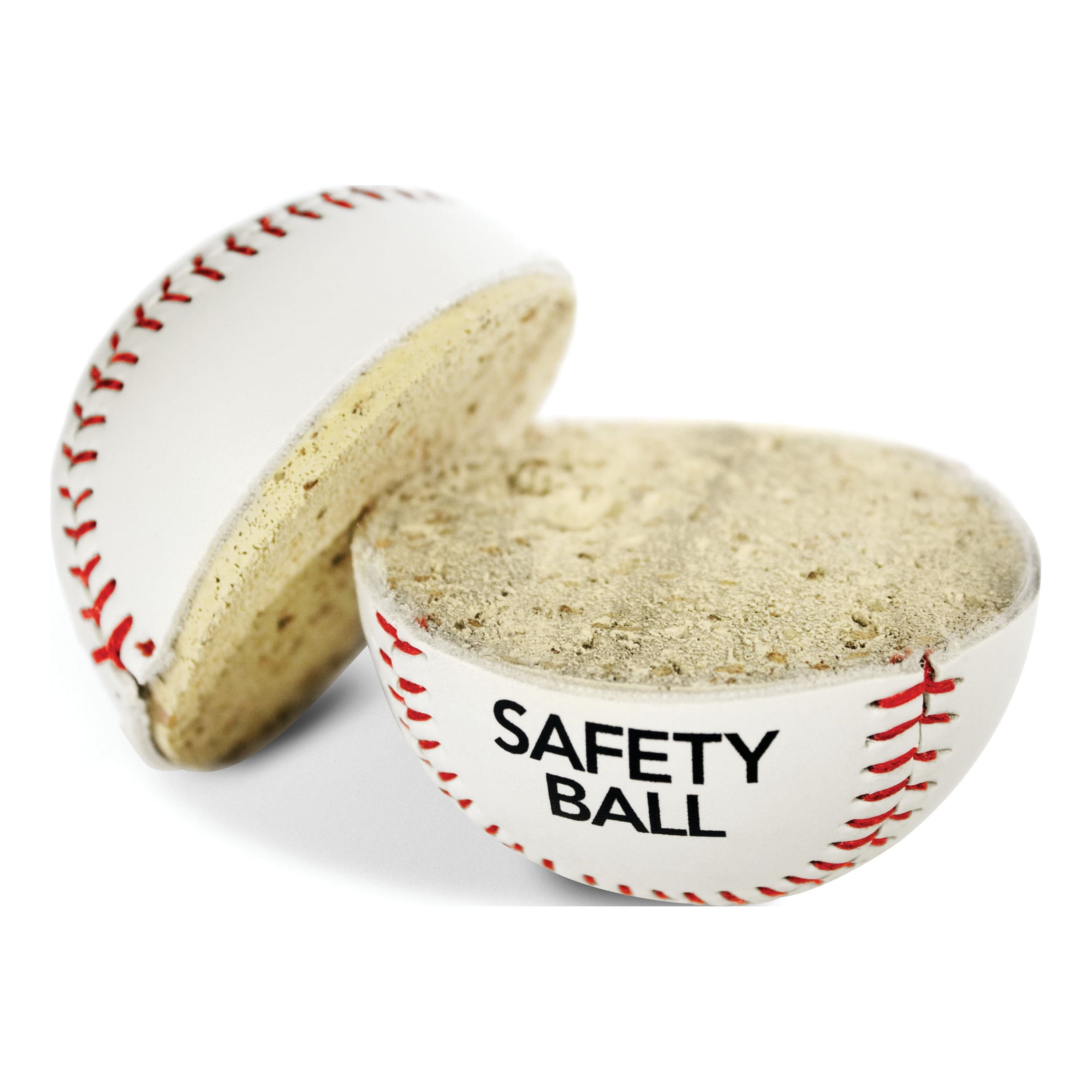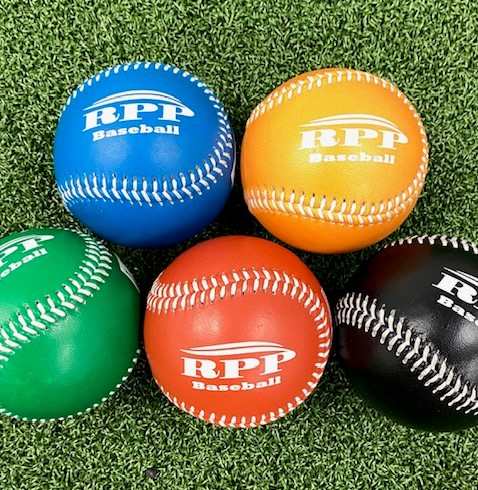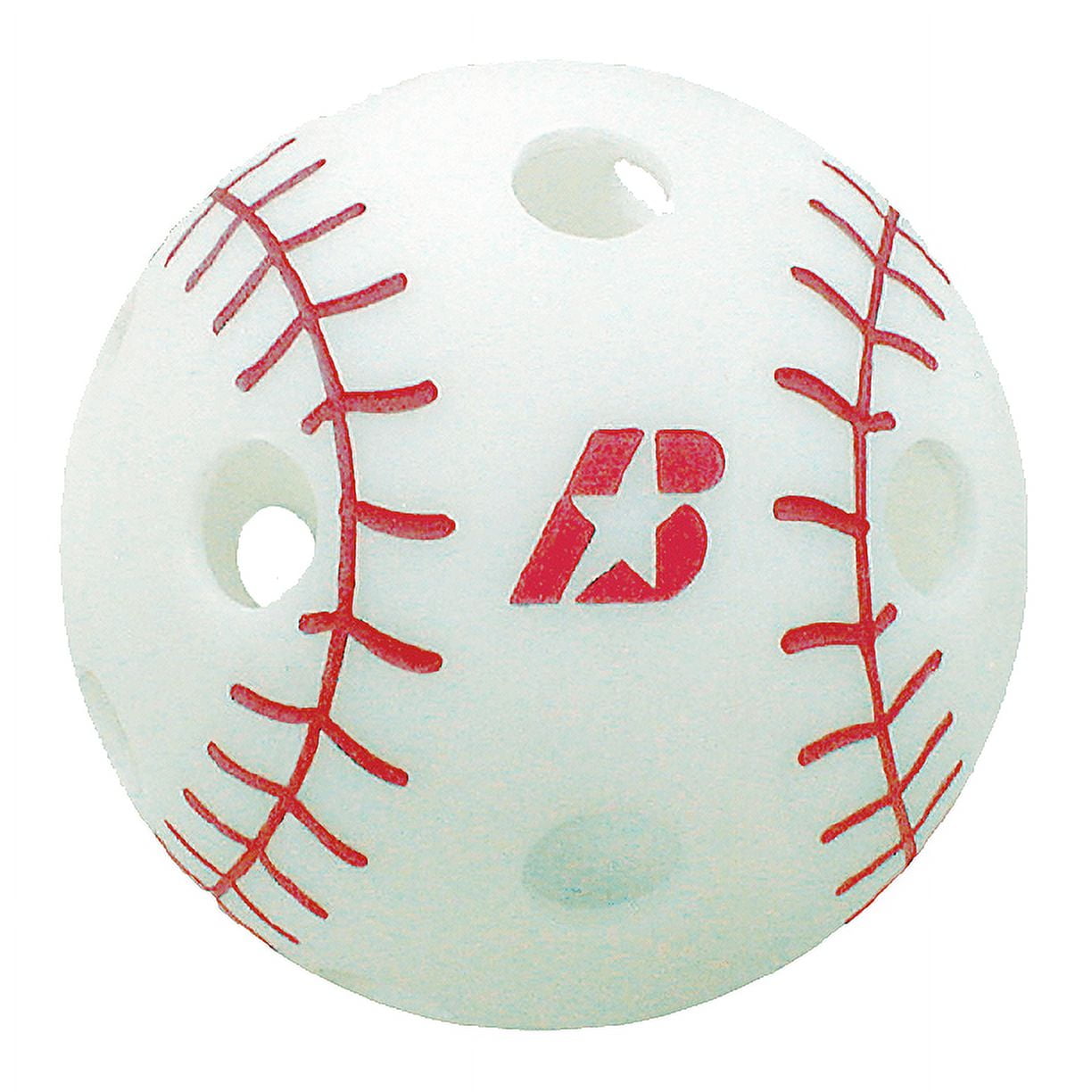Top 8 Best Baseballs for Batting Cage Practice
Do you know which type of baseball you need in your batting cage to effectively target your areas for improvement? There are exactly 8 Best Baseballs for Batting Practice that you have to know about if you’re serious about training. Every pro player has used at least half of these — if not all.
The batting cage is the ultimate tool for improving your swing. Whether you’re a Little Leaguer, a high school standout, or a weekend warrior, it provides a distraction-free environment to build timing, rhythm, and real muscle memory.
But here’s the kicker — using the right kind of baseball for your training goals is just as important as the practice itself. The wrong ball can lead to bad habits, inconsistent results, or even injury. With so many types available, choosing the right one can be a game-changer.
And because CageList.com helps players find and rent local backyard batting cages, it’s only right we help you choose the best baseballs to use inside them.
Why Choosing the Right Baseball Matters
Before we dive in, remember: different baseballs serve different purposes — some help with timing, others build power or protect young players from injury. Selecting the right one ensures effective, safe, and productive training sessions.
BTW — if you’re reading this and still building your own cage, check out our full guide: What the heck is CageList?
1. Dimpled Baseballs

Material: Durable rubber
Best For: Pitching machines
Built for durability and consistent machine pitching. The dimpled surface ensures a stable trajectory with less wear and tear than leather balls. These are a must for any cage with an automated feeder.
2. Regular Practice Baseballs

Material: Leather/synthetic with cork core
Best For: Manual BP and field drills
These provide the most realistic feel during practice. Great for advanced hitters who want a smooth transition to game play.
3. Soft Practice Baseballs

Material: Foam or soft rubber
Best For: Youth players and beginners
Designed for safety and confidence-building. These are great for schools, youth clinics, or backyard use with young kids.
4. Safety Baseballs

Material: Soft plastic or foam
Best For: Backyard, garage, or tight space training
Designed for low-impact use and perfect for developing hitters in safer environments. Used by many indoor facilities.
5. Weighted Baseballs

Material: Leather with heavy core
Best For: Building strength and swing power
A popular choice among college players and pro hitters to improve exit velocity. Helps develop better bat control and stronger mechanics.
6. Wiffle Balls

Material: Plastic with perforations
Best For: Batting drills, small spaces
Great for training pitch recognition and hand-eye coordination. Wiffle balls are lightweight and safe for tight areas.
7. Plastic Training Baseballs

Material: Lightweight plastic
Best For: Indoor or confined areas
A budget-friendly tool that’s great for timing and reaction work without the risk of damage or injury.
8. Polyurethane Baseballs

Material: Solid polyurethane core
Best For: Long-lasting cage practice with pitching machines
Designed for longevity. These high-density training balls are ideal for facilities and coaches who need gear that can withstand constant use.
Conclusion
Choosing the right training baseball makes a world of difference. Whether you’re building a backyard batting cage, or just looking to improve your swing, the right ball will help you train smarter and safer.
Want to see real batting cages and what people are using? Head over to CageList.com to browse local backyard cages near you—or list your own and start earning.
Looking for more tips? Join our Backyard Batting Cages Facebook Group and subscribe to the CageList Blog for expert gear breakdowns, cage setup ideas, and more.
